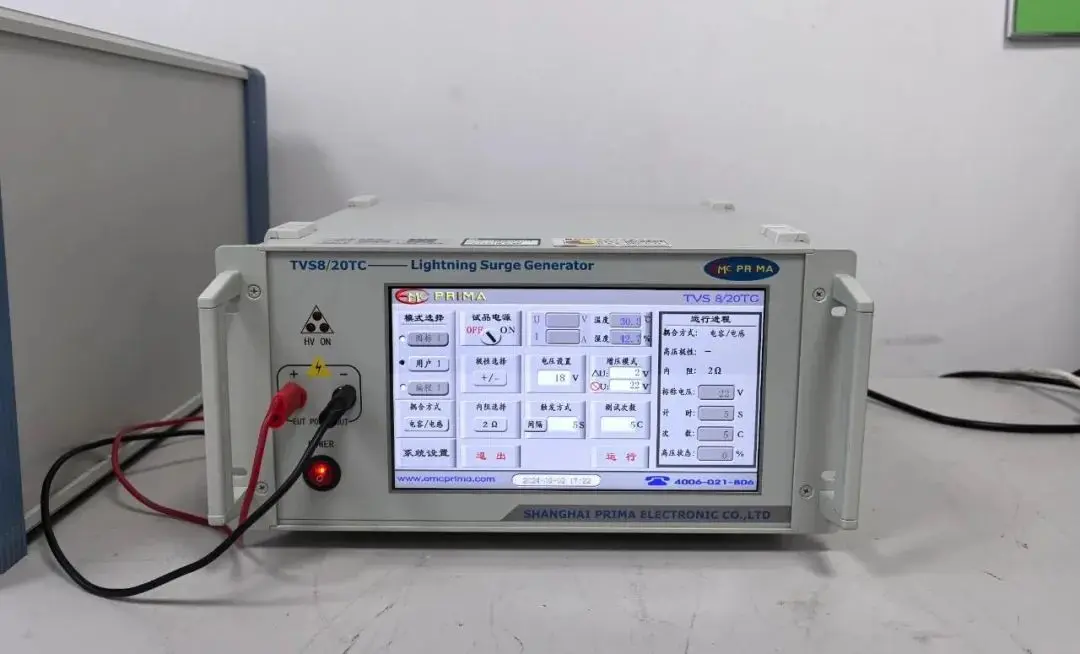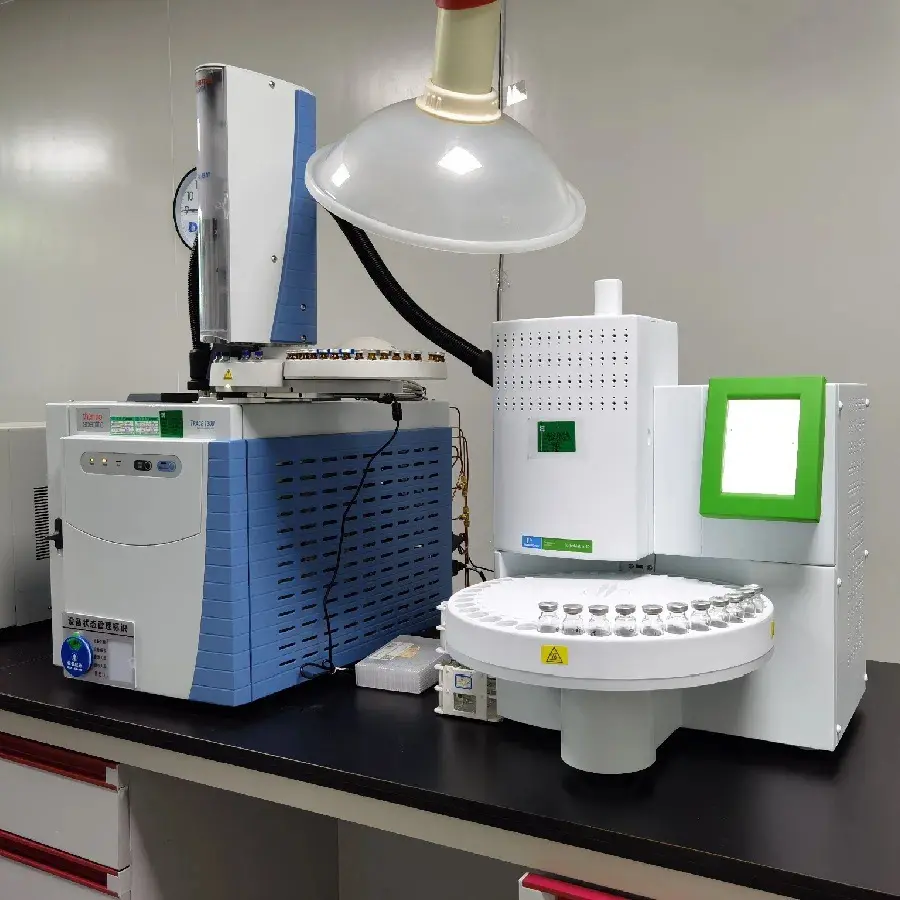
Certifications Needed for Exporting CNC Machines to Vietnam
What Certifications are Required for Exporting CNC Machines to Vietnam?Exporting CNC machines to Vietnam requires attention to the following certifications and requirements:
1. Energy Efficiency Certification
Introduction:
Vietnam Energy Efficiency Labeling, also known as Vietnam Energy Efficiency Certification, is a mandatory certification program established by the Ministry of Industry and Trade (MOIT) under Decision No. 04/2017/QD-TTg issued on March 9, 2017.
Application Process:
Manufacturers or importers need to apply for certification with the Ministry of Industry and Trade. Type testing must be conducted in MOIT-designated laboratories. After type testing, factory inspection or batch inspection can be conducted by MOIT inspectors. Certified products will be issued certificates and authorized to use the energy efficiency label.
Specific steps and required documents should be verified with MOIT or its designated agencies for the latest guidelines.
2. Communication and Wireless Regulations
Introduction:
Vietnam Mic certification is required for IT and communication equipment to ensure compliance with electromagnetic interference regulations. If CNC machines include wireless transmission devices (e.g., wireless control functions), they must comply with Vietnam's radio spectrum management and telecom equipment certification requirements, involving EMC and radio spectrum testing.
Application Process:
Conduct necessary tests (possibly in recognized laboratories), submit test reports, technical documentation, and application forms to the Vietnam communication authority for approval. Approved products will receive certification.
All telecom products within the mandatory certification catalog published by the Ministry of Information and Communications (MIC) must meet relevant QCVN/TCN standards.
3. CR Certification
Introduction:
CR certification is a mandatory requirement for certain imported products, managed by the Ministry of Science and Technology (MOST), ensuring compliance with Vietnamese technical regulations and standards. Products within the scope of CR marking must pass safety and EMC compliance tests and be certified by third-party certification bodies before entering the Vietnamese market.
Application Process:
Includes product testing (in Vietnam-designated laboratories or recognized foreign laboratories), preparation of application documents, submission of test reports and technical documentation to the certification body. Approved products receive the CR mark.
4. Company Qualification and Export License
Introduction:
Ensure your company has legal operational qualifications, tax registration, import/export permissions, and has registered with customs and other relevant departments for an export license.
Application Process:
In your home country, submit your business license, tax registration certificate, and legal representative identification to the relevant commerce or customs departments to complete the registration and licensing process.
5. Safety Certification
Introduction:
Although not specific to Vietnam, export products generally need to meet safety standards of the destination market, such as CE certification for Europe or UL certification for the US, to prove compliance with basic safety requirements.
Application Process:
Involves product design review, testing, documentation preparation, and submission to the certification body. Approved products receive the corresponding safety certification mark.
6. Technical Standards and Requirements
Confirm that the product complies with Vietnam's technical standards and requirements, which may include CE, ROHS, and other international certifications, depending on the product's characteristics and Vietnam's latest regulations.
Note: The above information is based on online resources. For actual export, verify the latest Vietnamese import policies and standards, and consult professional agencies for up-to-date certification requirements and processes, as regulations may change over time.
Email:hello@jjrlab.com
Write your message here and send it to us
 Amazon UL Standard Test Report
Amazon UL Standard Test Report
 When Can FCC ID Modifications Be Filed?
When Can FCC ID Modifications Be Filed?
 LoRa Certification Testing Laboratory
LoRa Certification Testing Laboratory
 Blood Pressure Monitor Certification Testing Servi
Blood Pressure Monitor Certification Testing Servi
 ECG Device Certification Testing
ECG Device Certification Testing
 Pulse Oximeter Certification and Testing Standards
Pulse Oximeter Certification and Testing Standards
 IVD Medical Device GB 4793:2024 Test Report
IVD Medical Device GB 4793:2024 Test Report
 IECEE CBTL Testing Laboratory for IVD Medical Devi
IECEE CBTL Testing Laboratory for IVD Medical Devi
Leave us a message
24-hour online customer service at any time to respond, so that you worry!




